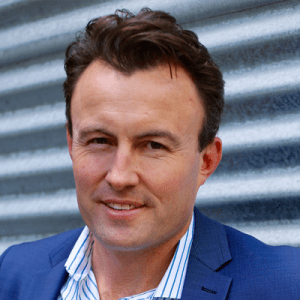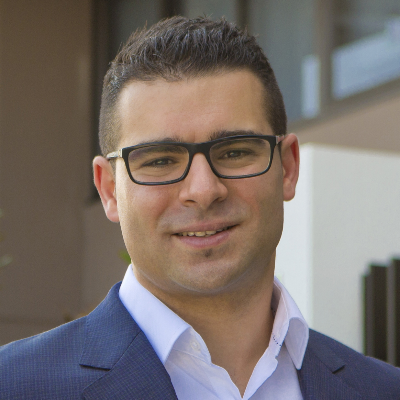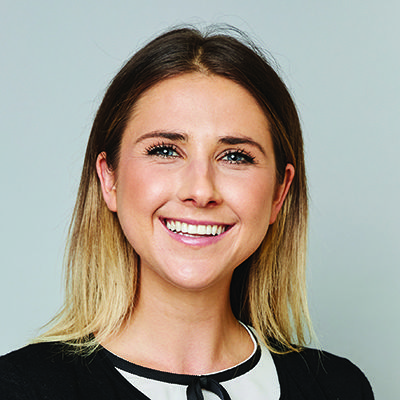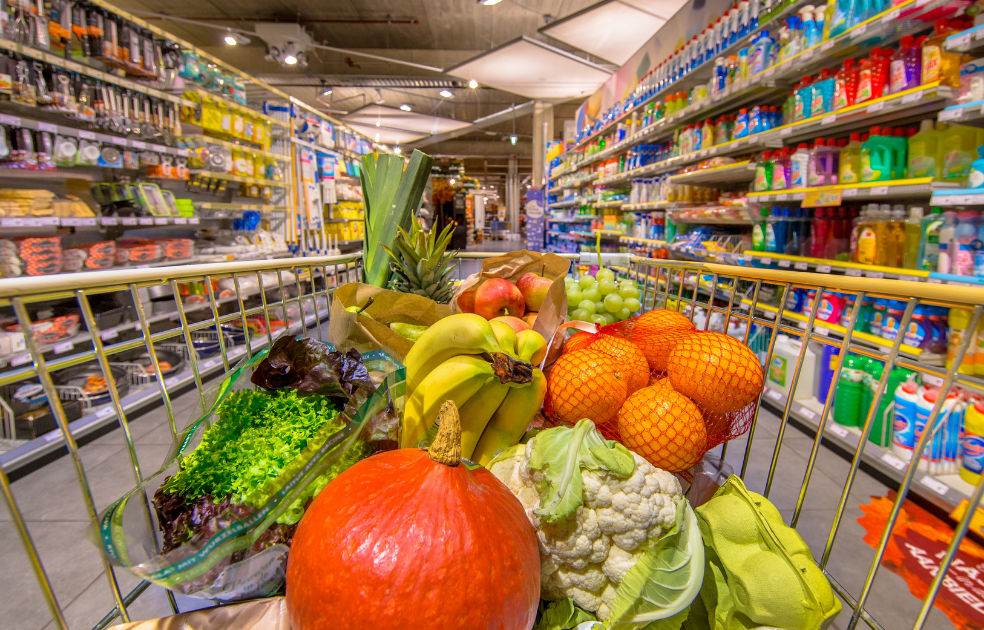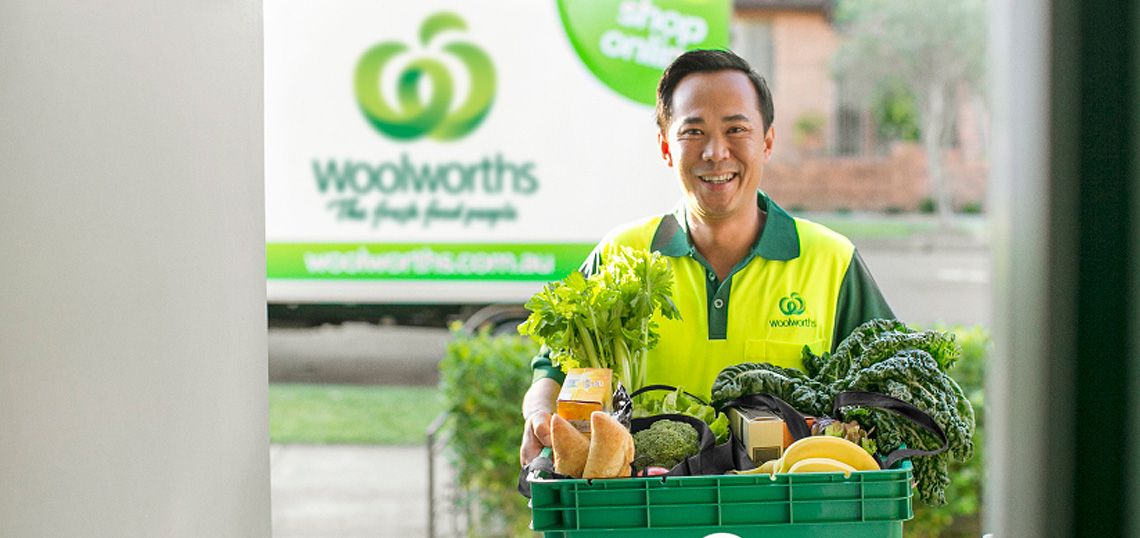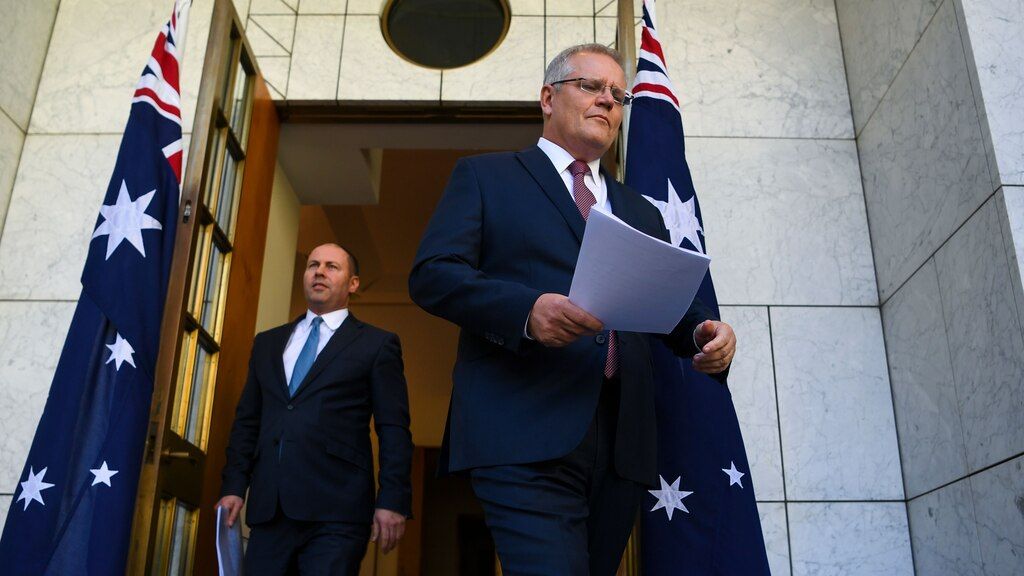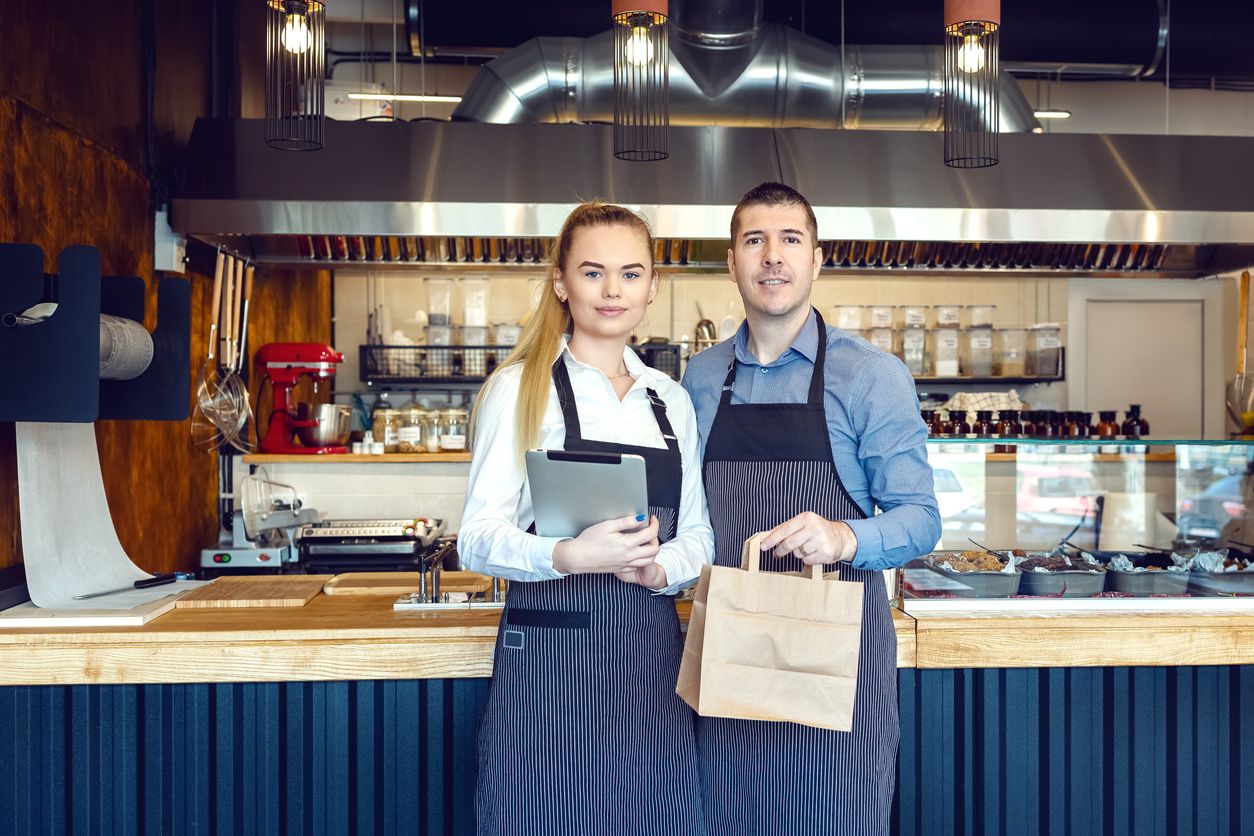
Recession – you can take simple measures to help the economy and save jobs
There was one big lesson from this week’s official economy figures that saw us plunge into the worst recession in 75 years – our penny pinching ways are not helping.
It’s understandable, of course. Australians are saving more because they fear their incomes will diminish in the uncertainty ahead, AMP Capital’s senior economist Diana Mousina told Together Australia.
While weekly data on credit card spending during COVID has shown some stability, more Australians are saving rather than spending because they are uncertain what their incomes will be like in the months ahead.
“Australians are clearly nervous about the future,” as the ABC’s Ian Verrender wrote. “Last week’s national accounts, confirming the biggest downturn in almost a century, was driven by a collapse in household spending, the most important part of our economy. It slumped 12.1 per cent.
“Given almost everything was shut, that may come as no real surprise. What was a surprise was the degree to which we’ve begun socking away the cash.”
So how can we offer practical help?
To stimulate the economy more Australians should go on domestic holidays and support regional bush areas. They should also buy local especially Australian food, trusted for producing top quality products, Ms Mousina said.

AMP Capital’s Diana Mousina
The pandemic has pushed more Australians to buy local but Made-in-Australia goods have declined for decades because the cost of production and labour is too high for the products to be competitively priced.
Also, imported products are not only much cheaper, they are also of good quality.
But savers are in a dilemma. Saving rates, term deposits and bond yields have dropped so much that the poor returns are worrying retirees who are looking for a safe haven.
“This is why the sharemarket is doing so well. Investors know they will get a better return from shares than putting their money in a term deposit. However, it is a higher risk investment. The sharemarket has dropped 35 per cent during COVID and has not fully recovered. People investing in the sharemarket should do so on a longer-term basis of at least 10 years.
“Depending on your risk appetite, perhaps retirees should consider investing in stable, blue-chip companies which deliver steady dividends.”
With unemployment predicted to rise from the current 7.5 per cent to 10 per cent, it is likely that the government will have to extend its financial support when JobKeeper ends next March and JobSeeker ends in December.
“Extending both the JobKeeper and JobSeeker is the right approach,” she said.
The worst affected are young Australians in the food, tourism and travel industries which have been badly hit by the pandemic.
“If they do not see an upside in their industry in the short term, they should look for work in another industry, retrain and upskill,” she said.
Retail sales are almost back to pre-COVID levels except for travel, tourism and personal services like beauty treatments and massages.
There has also been a spike in furniture, home appliances and computer purchases because more people are working from home. Eating out is still below pre-pandemic levels.
“People are not buying much because they need less stuff as they are working from home,” she said.







